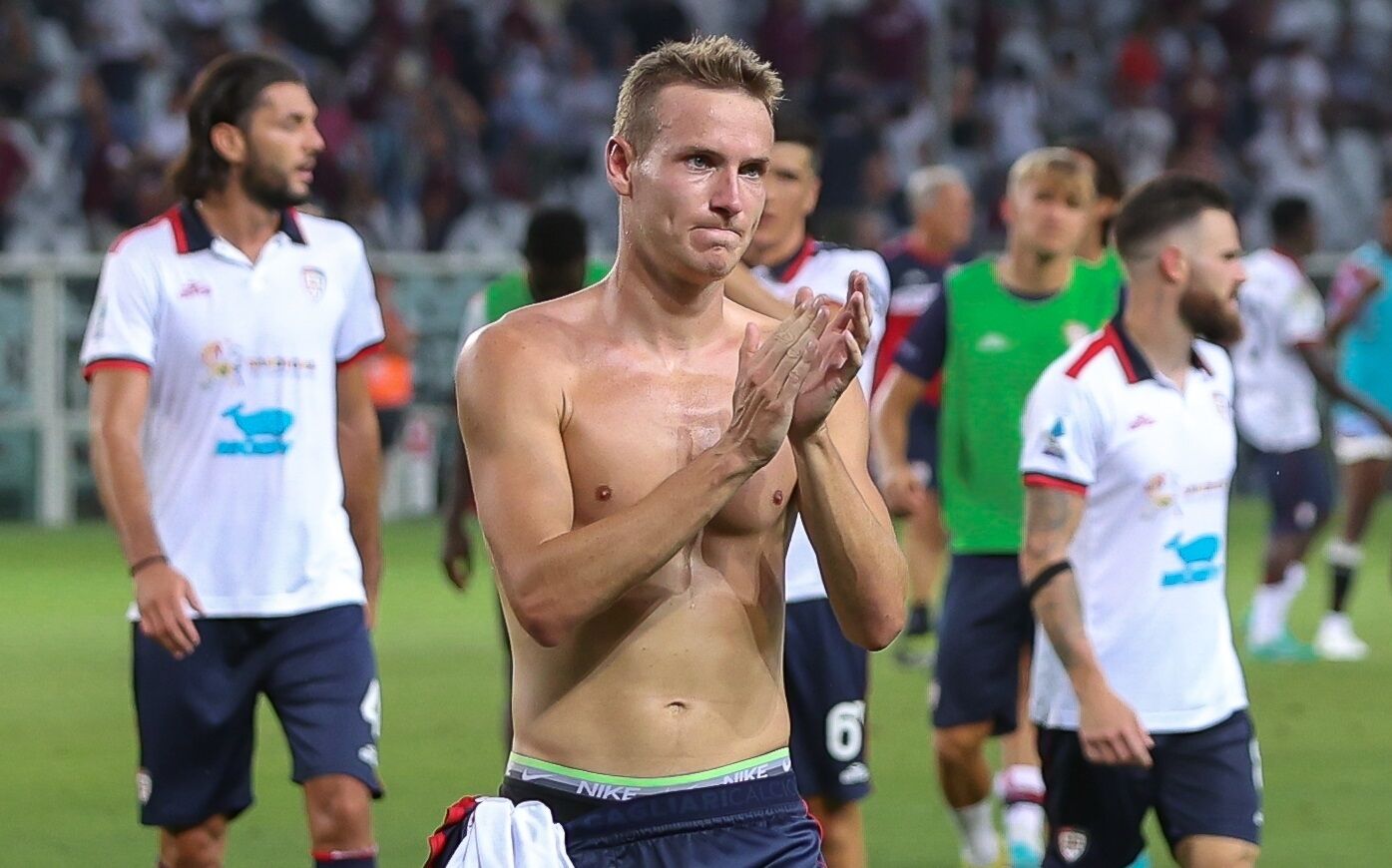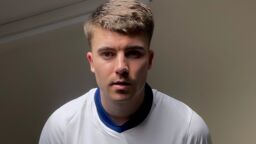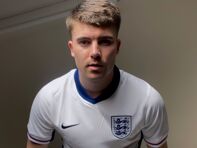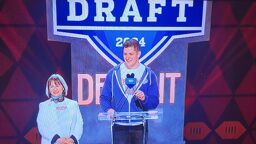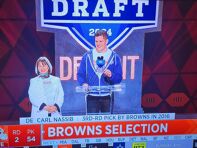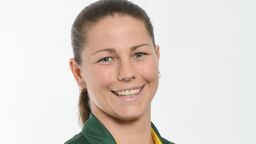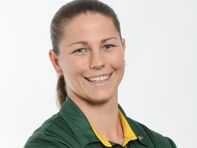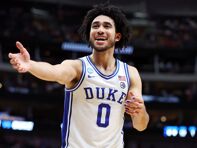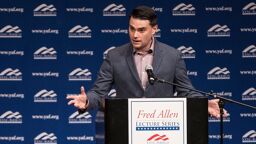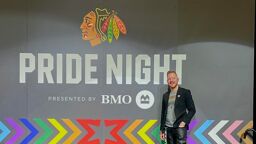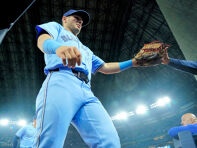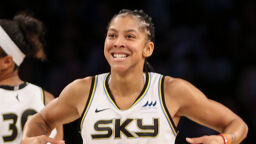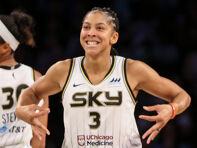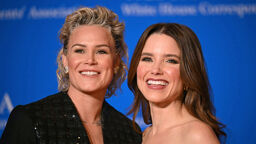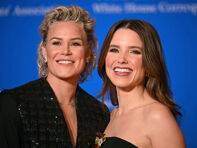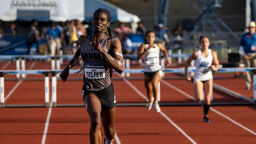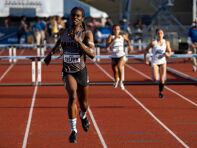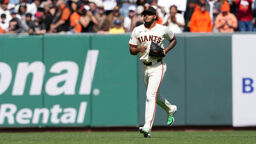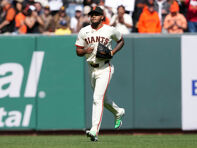There will be over 550 soccer players in action at this summer’s UEFA European Championship, which is shaping up to be the most LGBTQ-inclusive men’s international tournament ever.
Beginning in Pride Month in June, Germany will host the 17th edition of the Euros — and at one stage, there was a chance it could feature the first out gay male pro footballer taking part in an international tournament, anywhere in the world.
However, that chance has all but faded after Jakub Jankto — who made history in the sport when he came out publicly as gay in February 2023 — confirmed he won’t be on the Czech Republic squad this time around.
“I already know that I won’t be invited (to the Euros), but it has nothing to do with my coming out,” he told L’Equipe in a recent feature interview.
Get off the sidelines and into the game
Our weekly playbook is packed with everything from locker room chatter to pressing LGBTQ sports issues.
The midfielder has won 45 senior caps for his country and was part of the Czech squad that reached the quarterfinals at the last Euros, held in cities across the continent three years ago.
But he hasn’t been called up since coming out publicly in a short video on social media just over a year ago. He was on loan at his hometown club Sparta Prague at that time and had already fallen out of favor with then national-team coach Jaroslav Silhavy.
Late last year, when the Czechs sealed qualification for an eighth consecutive Euros, Silhavy left the top job while Jankto was showing signs of a renaissance in form at his Italian club, Cagliari.
When he scored the winning goal against Empoli last month — his first for Cagliari, and the first-ever by an out gay player in one of Europe’s “Big Five” leagues — the odds of a recall shortened once more. Would new coach Ivan Hasek try to bring Jankto back?
Related
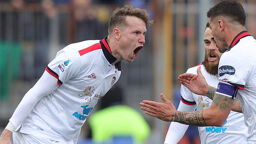
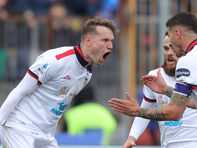
Joy for Jakub Jankto as soccer star scores first goal since coming out as gay
The Czech winger hit a historic and crucial winner for relegation-threatened Cagliari in Serie A, having recently been criticized by his coach.
By Jon Holmes | March 5, 2024
The 28-year-old says he has spoken to Hasek but has explained that he is putting family first. He wants to spend more time in the summer with David, his six-year-old son from his previous relationship.
“Sometimes you have to choose, and I chose to go on vacation with my son this summer.
“If I had to go to the Euros, it would mean that I wouldn’t see him most of the year. And I’d rather spend two or three weeks with him.
“I have a lot of respect for the national team, but you have to get your priorities straight.
“I simply decided that if they were interested in me in the national team, I would decline with thanks.”
‘Don’t be afraid to come out’
It’s been a tough journey for Jankto over the last couple of years, although he says he has found comfort at Cagliari under the managership of Claudio Ranieri.
In a close-knit locker room, captain Leonardo Pavoletti has also been a strong ally. The team is still in a relegation battle but they are on course to stay up.
In the interview with L’Equipe, he says he felt under pressure to come out publicly and that he did so reluctantly in the end. “It wasn’t easy for me at all, because even before the video was released to the public, speculation began that some Czech player was planning to do it,” he explains.
“At one point there was even sensational news: a Czech footballer is going to admit it. It was getting worse day by day. It was a difficult period.
“I didn’t want to do it publicly. For me, it was as if someone had to defend himself for being blond.”
He says the first person he told in football was the former Arsenal star Tomas Rosicky, who won over 100 caps for the Czech national team and is now Sparta’s sporting director. Rosicky’s response? “No problem. Let’s move on.”
His agent, Guiseppe Riso, who looks after a host of Serie A players, was similarly relaxed. “He told me: ‘Kubo, calm down, we’ll solve everything, don’t think about anything else,'” recalls Jankto.
He says he has received thousands of supportive messages since going public, but adds: “I was disappointed by the negative ones that came mainly from Africa and Arab countries.”
Jankto insists he is still a reluctant advocate for LGBTQ inclusion — “my goal was definitely not to become an ambassador for gay people in football” — but he does have a message of reassurance for others who can relate to his situation.
“I don’t care how many there are, but I tell them not to be afraid to come out publicly, because nothing will happen to them.”
Germany going gay-friendly for Euros
Another line from Jankto stood out from his L’Equipe interview: “I know that in the long run, the football world is homophobic. But in Europe, the situation has improved.”
Euro 2024 looks set to reflect some of those improvements in the men’s game, at least off the field. German organizers and UEFA have already promised to deliver the most inclusive and sustainable tournament to date.
One component of that will be, for the first time, all stadiums having gender-neutral bathrooms and ticket lanes (on the latter, body searches are necessary for security reasons).
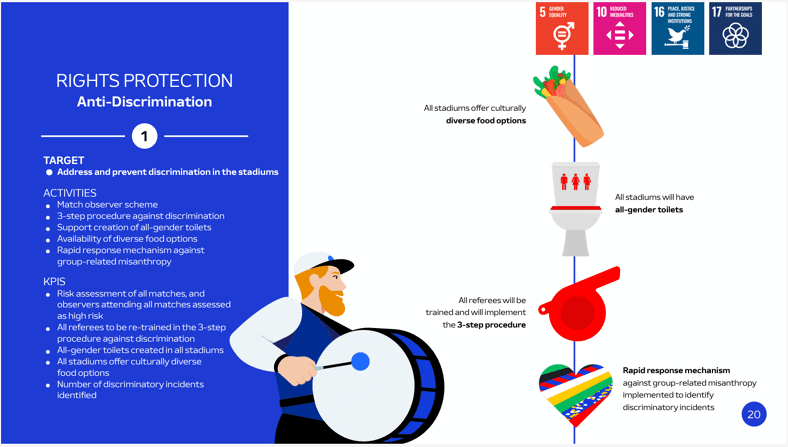
On the official tournament website, each of the ‘Stay & Explore’ pages within the 10 city sections in the Event Guide has bespoke information for LGBTQ fans, next to a Pride rainbow flag.
Meanwhile, Pride House Berlin has recently gone live with its Instagram account.
The venue project in the German capital is being run by local organization LSVD Berlin-Brandenburg and will show all 51 games live on a big screen; stage talks and exhibitions; and provide a safe space for LGBTQ fans and allies.
Although Jankto won’t be playing for the Czechs, there remains a small chance that one or more of those 550+ players involved in the tournament who happens to be gay or bi might decide to share that part of who they are at some point before it all kicks off on June 14.
That is because former footballer Marcus Urban is continuing to work towards his planned “window of opportunity” in men’s football on May 17.
Urban says he has a connection to a group of closeted gay and bi professional players, and that some of them are interested in coming out collectively and publicly on the International Day Against Homophobia. The wider initiative is called “Sports Free.”
And not wanting to put any pressure on players, it should be noted that there is greater scope now for coaches, match officials and others involved in the men’s game to lend their voices and represent in a spirit of Pride.
There was increased rainbow visibility at the last Euros — fans with flags, captain’s armbands, laces, and even the “tiny car” that delivered the matchball to the centre circle for the final showed support for the LGBTQ community.
With less than two months to go until Germany welcomes Europe for a festival of football, it’s looking like it will be “next-level” gay-friendly — for the fans, at least.
